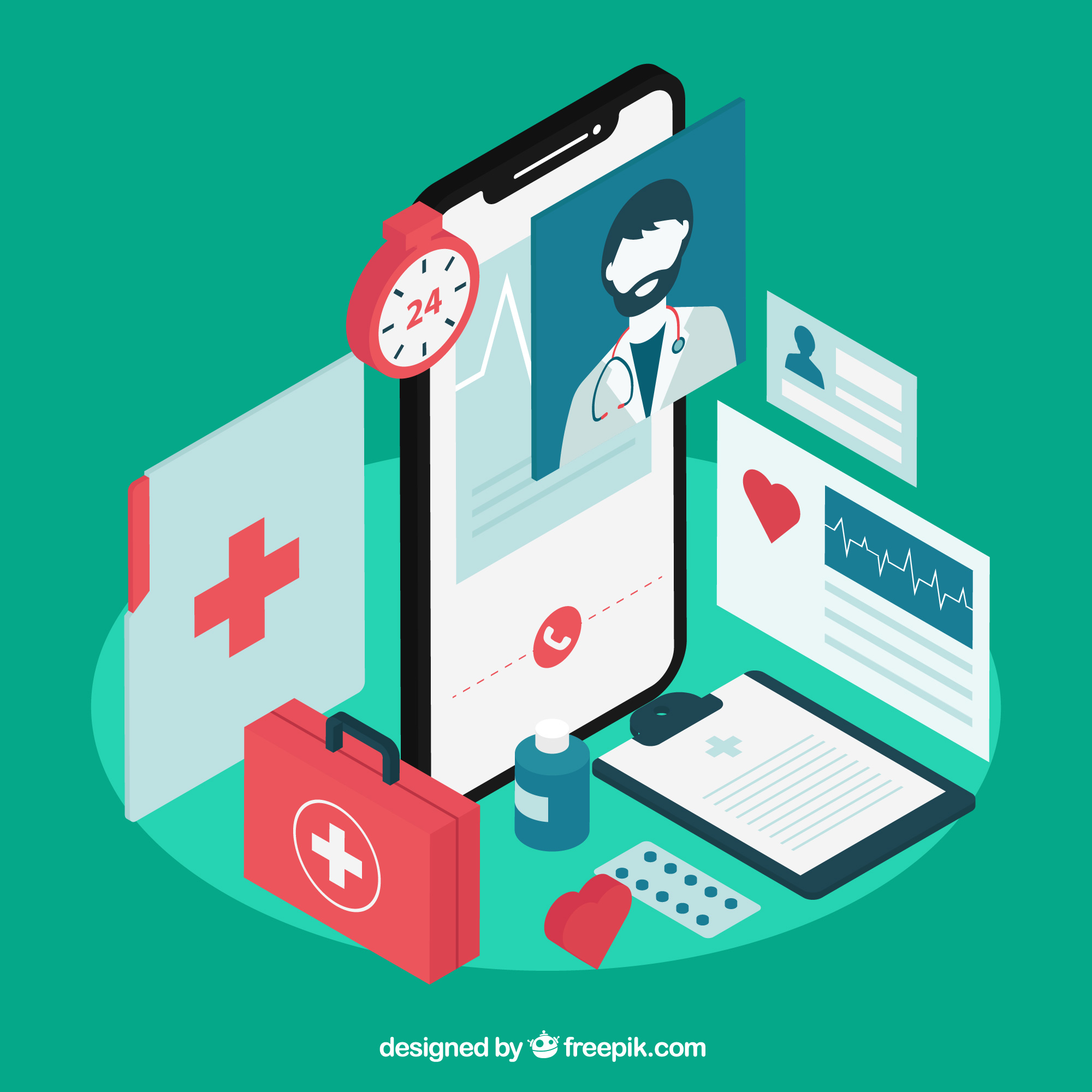In today’s rapidly evolving digital landscape, healthcare app development has emerged as a crucial element in transforming patient care and improving provider efficiency. With the increasing adoption of mobile technology in healthcare, the development of healthcare apps offers substantial benefits that enhance the overall healthcare experience for both patients and providers.
Benefits of Healthcare App Development
1. Improved Patient Engagement and Accessibility
Healthcare apps enable patients to easily access medical services, information, and their health records at their convenience. With features such as appointment scheduling, medication reminders, and remote consultations, patients are more engaged in managing their health. According to a survey, over 70% of patients prefer using apps to manage their appointments and prescriptions, which shows the importance of mobile health tools.
2. Enhanced Provider Efficiency
For healthcare providers, mobile apps streamline workflows by automating appointment scheduling, patient records management, and billing processes. This allows doctors and healthcare staff to focus more on delivering quality care rather than administrative tasks. A study by McKinsey indicates that healthcare providers using mobile apps can reduce administrative workload by 30%.
3. Telemedicine and Remote Monitoring
Telemedicine apps are a game-changer in healthcare delivery. They enable real-time consultations between doctors and patients, providing accessibility for those in remote areas. Remote monitoring tools help providers track patients’ vital signs and conditions, offering timely interventions. This not only improves patient outcomes but also cuts down hospital visits, reducing healthcare costs.
4. Data-Driven Insights for Better Decision-Making
Healthcare apps can collect vast amounts of data, from patient history to current health metrics. By integrating analytics tools, healthcare providers can leverage this data for predictive analysis and personalized treatment plans. According to Global Market Insights, the global healthcare analytics market is expected to reach $80 billion by 2027, driven by the demand for data-driven healthcare solutions.
5. Seamless Communication Between Patients and Providers
Healthcare apps provide a direct communication channel between patients and healthcare providers through chatbots, messaging, or video calls. This ensures that patients can receive timely responses to their queries, which is crucial in managing chronic diseases or urgent conditions. Apps like Medici and Teladoc have revolutionized the way healthcare professionals interact with their patients.
6. Cost Efficiency for Both Patients and Providers
Mobile healthcare apps contribute significantly to reducing healthcare costs. By enabling telemedicine, remote patient monitoring, and efficient management systems, the overall costs associated with in-person consultations, hospitalizations, and chronic disease management can be reduced. According to Frost & Sullivan, telehealth services could save the healthcare industry $63 billion annually.
Table: Key Benefits of Healthcare App Development
| Benefit | Impact on Patients | Impact on Providers |
|---|---|---|
| Patient Engagement and Accessibility | Easier access to healthcare services | Better communication with patients |
| Provider Efficiency | Quicker service with reduced waiting times | Improved workflow and reduced admin tasks |
| Telemedicine and Remote Monitoring | Access to care in remote areas | Real-time patient data and remote consultations |
| Data-Driven Insights | Personalized treatments based on data | Better clinical decision-making |
| Seamless Communication | Faster answers to health-related queries | 24/7 availability to patients |
| Cost Efficiency | Reduced costs of in-person visits | Reduced operational costs and resource use |
The Future of Healthcare App Development
As healthcare apps continue to grow in adoption, the future looks promising. Emerging technologies such as Artificial Intelligence (AI), Machine Learning (ML), and Blockchain are expected to play a major role in enhancing healthcare app functionalities. These technologies can automate diagnosis, provide predictive health analytics, and ensure data security. According to Statista, the global mobile health market is projected to reach $189 billion by 2025, demonstrating the increasing reliance on healthcare apps.
FAQs
1. What are the main features of a healthcare app?
Key features include appointment scheduling, telemedicine, remote monitoring, prescription management, and patient records access.
2. How can healthcare apps improve provider efficiency?
By automating administrative tasks, streamlining patient communication, and enabling remote monitoring, healthcare apps reduce the workload on providers, allowing them to focus on delivering better care.
3. How much does it cost to develop a healthcare app?
Healthcare app development cost varies based on features, complexity, and development time. Contact ARKA Softwares to get an accurate estimate for your custom healthcare app.
Contact ARKA Softwares to Build Your Healthcare App
If you’re looking to develop a healthcare app that improves patient care and enhances provider efficiency, ARKA Softwares is the right partner for you. Our expertise in custom healthcare app development ensures that your app is tailored to the unique needs of your practice. Contact ARKA Softwares today to learn more about how we can help bring your app idea to life.




